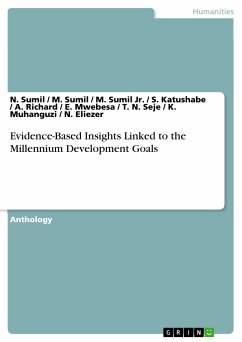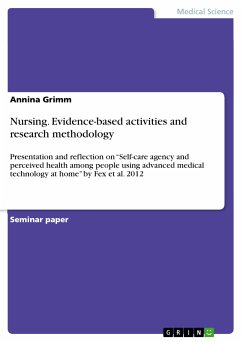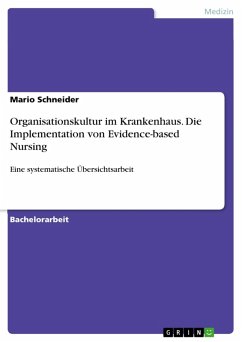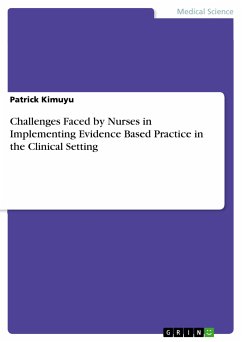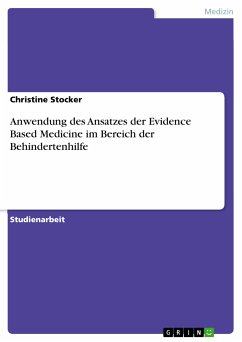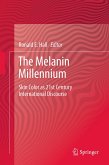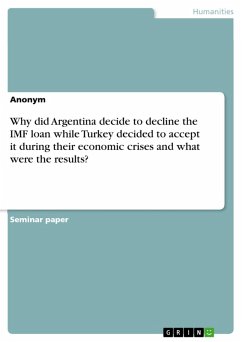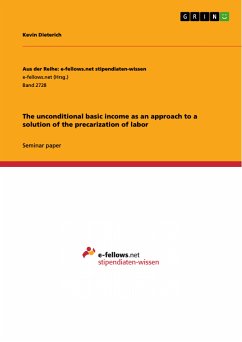Anthology from the year 2015 in the subject Social Studies (General), , language: English, abstract: The September 2000 United Nations Millennium Declaration was never an option but a felt need for global development and sustainability in the aspects of poverty reduction, universal primary education, gender equality and women empowerment, child mortality reduction, maternal health improvement, fight against HIV/AIDS, malaria and other diseases, environmental sustainability and global partnership for development. Is the millennium development goals’ path cleared for completion? Sustainability is the answer rather than end the MDGs. For this reason, the Sustainable Development Goals (SDGs), a new development agenda, has been conceived to continue in the next fifteen years what the MDGs have started and may have to be applied to all countries for societal peace, more job opportunities and a global agreement for climate change. The success of the MDGs and SDGs should be an obligation and a responsibility for everyone on this planet. There are numerous ways to get involved in every individual’s way such as in education, research and social responsibility. With the good intention to contribute to the SDGs new agenda through empirical research, this book reflects some evidence based findings from seven studies done in Uganda and Philippines. Shaped from these empirical studies are the insights and recommendations meant to shed light and broaden the horizons of the policy experts involved in the transition from MDGs to SDGs agenda.

